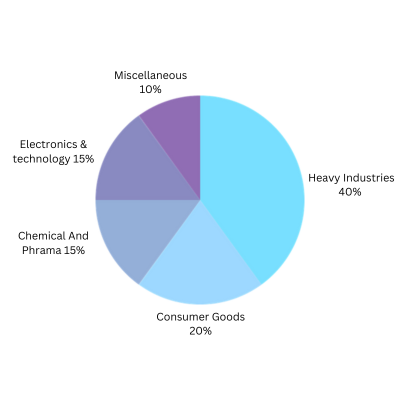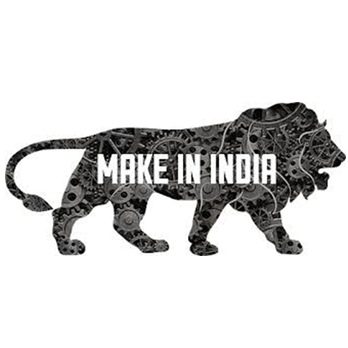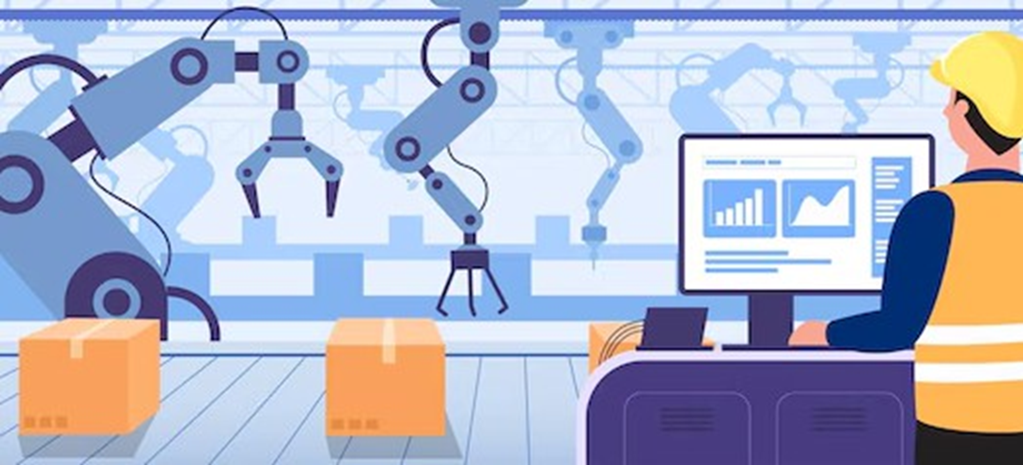Industry Definition , Scope and Emerging Industries
Definition
Manufacturing involves the mechanical, physical, or chemical transformation of raw materials into new, finished goods. In India, this sector encompasses a diverse range of industries, including textiles, automobiles, electronics, pharmaceuticals, and consumer goods.
Scope
The sector is integral to India's economic growth, contributing approximately 15% to the national GDP and employing about 12% of the workforce. It includes both large- scale industries and a vast network of Micro, Small, and Medium Enterprises (MSMEs), which are crucial for regional development and employment generation.
Emerging Industries

Electronics and Semiconductor Manufacturing

Renewable Energy Equipment Manufacturing

Electric Vehicles (EVs) and Battery Manufacturing

Biotechnology and Pharmaceutical Manufacturing
Current Market Size and Historical Growth Trends, Projected Growth Rates & Future Outlook
232.30bn USD Size of the Indian Manufacturing Sector
3.46% Annual growth rate (CAGR 2024-2029)
Indian Government Incentives


Emerging Technologies and Innovation

Artificial Intelligence (AI) and Machine Learning (ML)

Industrial Internet of Things (IIoT)

Advanced Robotics and Automation

Additive Manufacturing (3D Printing)

Cloud Computing and Big Data Analytics

Augmented Reality (AR) and Virtual Reality (VR)
Key Drivers and Barriers in Manufacture
Key Drivers
Government Policies
Make in India and Production-Linked Incentive (PLI) schemes have attracted significant investments, PLI incentives of over USD 17 billion have been announced to boost local production.
Infrastructure Development
Investment in transport, logistics, and industrial corridors enhances supply chain efficiency.
Foreign Direct Investment (FDI)
FDI inflows into manufacturing increased by 69% over the past decade, totaling USD 165.1 billion between 2014 and 2024.
Barriers
Global Economic Uncertainties
Complex bureaucratic processes and inconsistent regulations hinder operational efficiency.
Government Policies
Trade tensions, fluctuating commodity prices, and geopolitical risks can disrupt global supply chains, affecting India's export-oriented manufacturing sectors.
Sustainability and ESG (Environmental, Social, Governance)
Industry Green Manufacturing
Manufacturers are adopting eco-friendly processes to minimize environmental impact. This includes efficient resource utilization, waste reduction, and the incorporation of renewable energy sources.
Impact of ESG Compliance
Adherence to ESG principles enhances a company's reputation, attracting consumers who prioritize ethical and sustainable practices. This positive perception can lead to increased customer loyalty and market share.
Supply Chain Sustainability
A significant portion of a manufacturing company's environmental impact originates from its supply chain. To address this, companies are focusing on sustainable sourcing, recycling, and waste management throughout their supply chains.
Financial Performance
Companies with strong ESG commitments often experience better financial performance. Investments in sustainable practices can lead to cost savings, improved efficiency, and access to new markets, thereby positively impacting profitability.
Technological Integration
The convergence of smart manufacturing technologies with ESG frameworks is supporting industry sustainability efforts. This integration facilitates the creation and protection of value for companies and stakeholders, promoting long-term sustainability.
Regulatory Compliance
ESG compliance ensures adherence to environmental regulations, reducing the risk of legal penalties and operational disruptions. Proactive ESG strategies can also mitigate risks associated with environmental and social issues, safeguarding the company's long-term viability.

